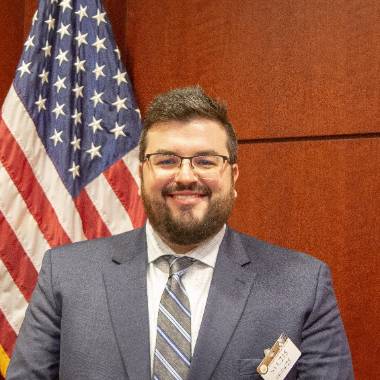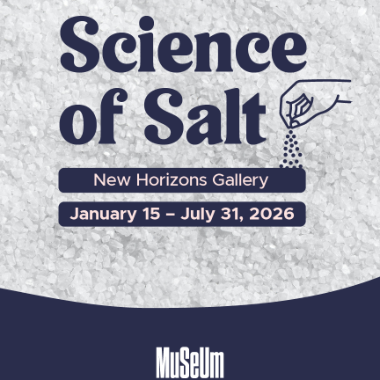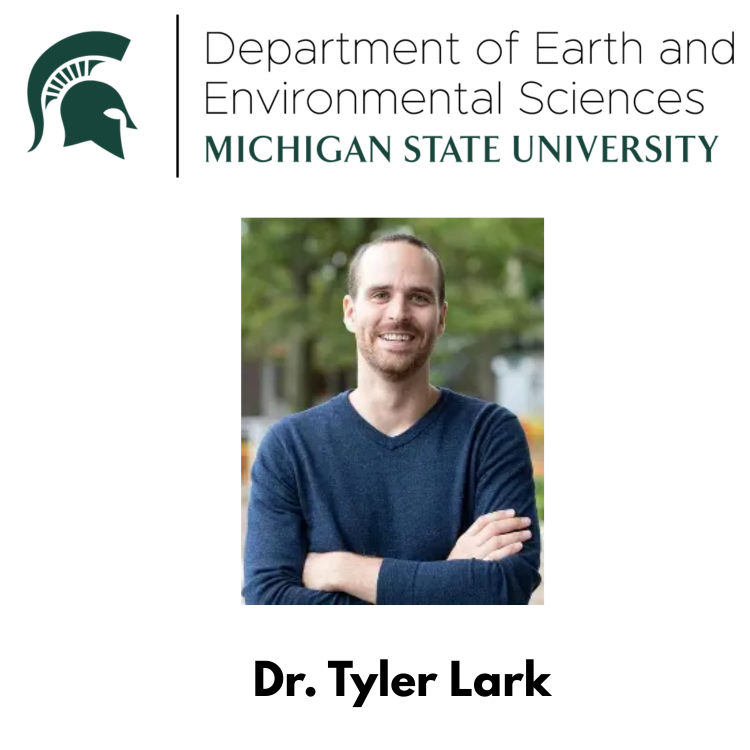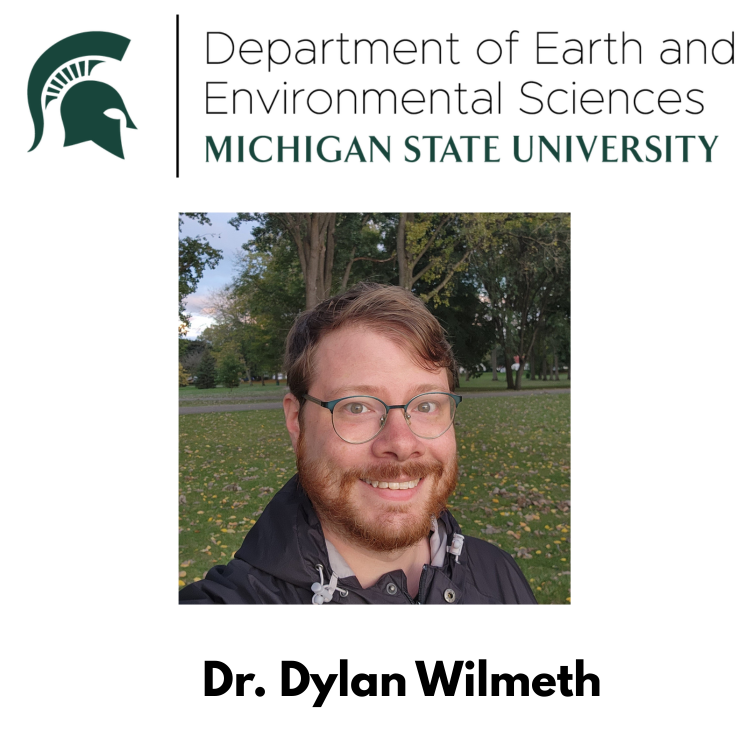EES Student Spotlight: Brent Heerspink
Brent Heerspink is a graduate research assistant that studies water resources and water quality in the Great Lakes Basin with a background in both hydrogeology and geochemistry. His work has 2 primary focus areas, both with a strong focus on groundwater-surface water interactions. The first seeks to better understand the factors controlling stream chemistry, with a specific interest in the role of seasonally varying hydrologic processes in controlling solute fluxes. The second investigates how changes to the Great Lakes’ lake levels impact groundwater levels in Michigan, and how these changes in turn affect groundwater connected surface features including streams and wetlands.
Brent originally joined the department in 2017 to pursue his master’s degree. He chose EES because his research interests, professional goals and personal values aligned well with the members of the department, and for the opportunity to work on an interdisciplinary project investigating the sustainable development of natural resources and human communities in the Amazon Basin. “Upon completing my Master’s Degree, I chose to stay in EES for my PhD because of the community I’d built here, the relationships I’d developed with my advisor and other members of the Hydrogeology Lab, and the opportunity to build my own research project focusing on water resources and water quality in the Great Lakes, a topic of immense professional and personal interest.”
Brent’s research has been funded by a combination of teaching assistantships, research assistantships, and fellowships. One portion of his research focuses on nutrient transport from uplands to rivers in Michigan’s Lower Peninsula that was funded in part by the Clifford Humphrys Fellowship for Preservation of Water Quality in The Great Lakes. Another part of Brent’s work focuses on the interactions between Great Lakes lake levels and groundwater has been funded on an NSF Frontier Research in Earth Science (FRES) project investigating groundwater dynamics in the Great Lakes Basin though the integration of geodesy, hydrologic modeling and remote sensing lead by Jeffrey Freymueller and his advisor, Anthony Kendall.
Brent’s primary role on the NSF FRES Great Lakes Groundwater project has been to co-lead the development of an integrated ground and surface water model for part of the Great Lakes Basin using the Landscape Hydrology Model (LHM). This model will be used to develop new capabilities in LHM and to test the integration of geodesy and novel remote sensing data into our hydrologic model, paving the way for the development of a Great Lakes Basin scale LHM model capable of assimilating these novel datasets to improve our representations of groundwater the Great Lakes.
“My favorite part of my experience in graduate school has been the chance to work on water resources and quality in the Great Lakes. I grew up in Michigan’s Upper Peninsulas, just a few miles from Lake Huron. My decision to become a scientist was heavily informed by the natural beauty of my home, and my extensive time spent in the woods and on the waters of the Great Lakes region as an avid outdoorsman. The opportunity to help protect the natural resources in a place I love so much is incredibly fulfilling, and is what has kept me motivated though the duration of my graduate work.”
“The most surprising part of my time in EES is how much I’ve enjoyed my teaching and mentorship experiences, including TA’ing the undergraduate Environmental Geochemistry class, and mentoring research students in the Hydrogeology lab.”
Brent has really enjoyed working with his mentor, Dr. Anthony Kendall. “Anthony has given me countless pieces of advice during my time here, but one that sticks out is his repeated reminders to focus on the science, not the work. As a PhD student, it’s really easy to get stuck in the small details of analyzing data, wiring code or calibration a model, but Anthony always encourages me to take a step back and think critically about the scientific goals we’re trying to accomplish. This helps me refocus on the big picture and gives me the perspective I need to get unstuck. “
In addition to the professional advice, Anthony also goes out of his way to encourage and advocate for his students. It’s also easy as a grad student to get discouraged, and Anthony is quick to point out the accomplishments of his students and advocates that we have a healthy work-life balance. This positive feedback and encouragement to take care of myself has been critical to helping me stay motivated and engaged in my research.
“A primary lesson I’ve learned during my PhD is how critical collaboration is to doing successful science.”
“Learning to work as part of an interdisciplinary team member, to focus on the big picture of the science we participate in, and developing strong mentorship skills will all be critical my planned career path as a research scientist at the U.S. Geological Survey. “
In addition to his role as a graduate student, Brent also has an internship with the U.S. Geological Survey’s Upper Midwest Water Science Center in their Lansing Michigan office. He works on the Center’s Groundwater and Watershed Modeling Team, primarily on the development of groundwater flow and solute transport models. Brent remains and avid outdoorsman, and I has a particular passion for hunting waterfowl, upland birds, and whitetail deer and for fly-fishing.



